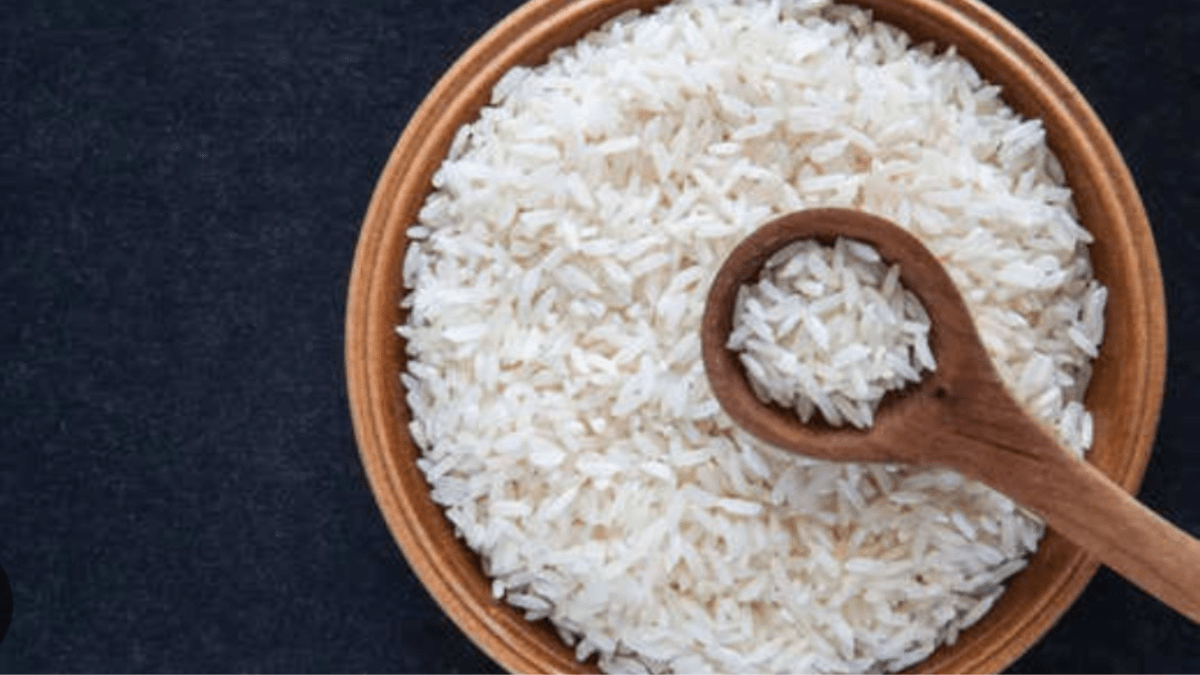Our everyday diet is mostly composed of white foods, such as rice and sugar, and many of us are unaware that these white foods are also contributing to the lack of color in our lives.
You really read correctly! Numerous health problems, such as weight gain, obesity, diabetes, high blood pressure, and more, can be traced back to certain white foods. These foods raise blood sugar levels quickly, which can lead to energy crashes and weight gain.
Experts say that cutting out whites and increasing your intake of colors can actually prime you for a more nutrient-dense diet that encourages weight loss and improves blood sugar regulation.
Examine the seven most popular white foods that should be avoided, along with their nutritious substitutes.Refined flour, from which bran is removed along with a significant amount of fiber, vitamins, and minerals, is used to make white bread.
This process leaves behind a loaf that is high in carbohydrates but low in many vital nutrients.
A nutritious substitute is whole-grain bread.White pasta is likewise manufactured with refined flour, which is frequently difficult to digest and contains very little fiber and other necessary nutrients.
Wholesome substitute: pasta made with whole grains.
One of the most popular grains that is also categorized as refined is white rice.
It’s also incredibly easy to overeat white rice because it lacks fiber and protein, which can lead to blood sugar imbalances or weight gain.
Wholesome substitute: grains of brown rice.
White sugar:
White sugar is a typical sweetener that offers very little nutritional value. They provide virtually little nourishment other than calories, and they raise the risk of diabetes and other health problems. They are linked to unintended weight gain and a higher chance of heart problems.
Natural fruits are a healthy substitute.
White Salt:
Although the body needs salt, which is frequently highly refined and depleted of its natural minerals, too much white salt is poisonous and associated with a number of harmful health outcomes, such as a higher risk of heart disease, stroke, obesity, and kidney disease.
It is also better to choose less processed salts or mineral-rich substitutes because the additives and anti-caking agents in processed white salt may be harmful to your health.
Wholesome substitute: mixed herbs .
white potatoes:
In comparison, they provide fewer advantages over adverse consequences that could result in serious health problems, including diabetes, weight gain, and other conditions. They should be avoided since they generally lose nutrients when cooked.
Sweet potatoes are a healthy substitute.
